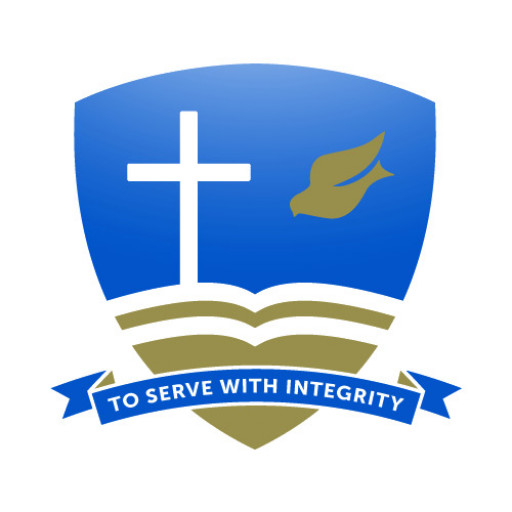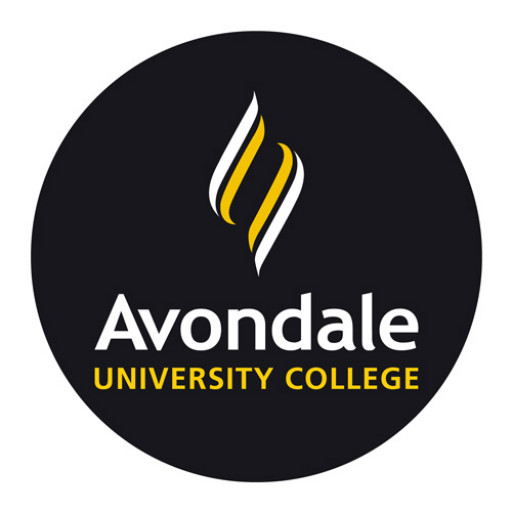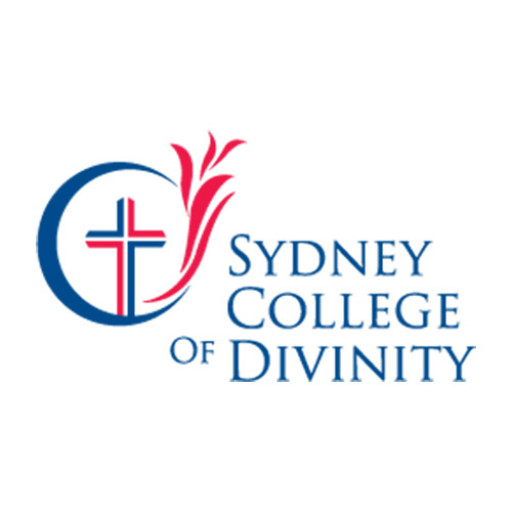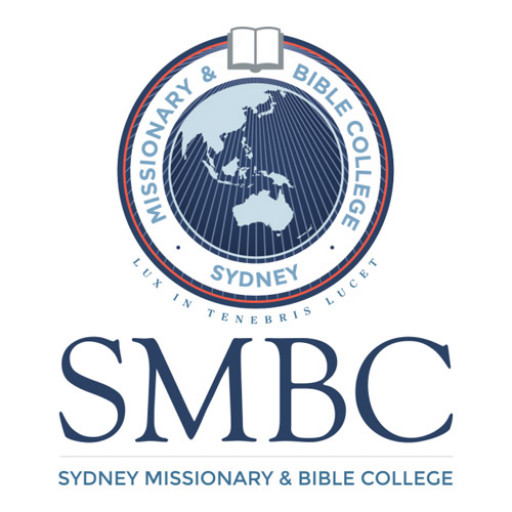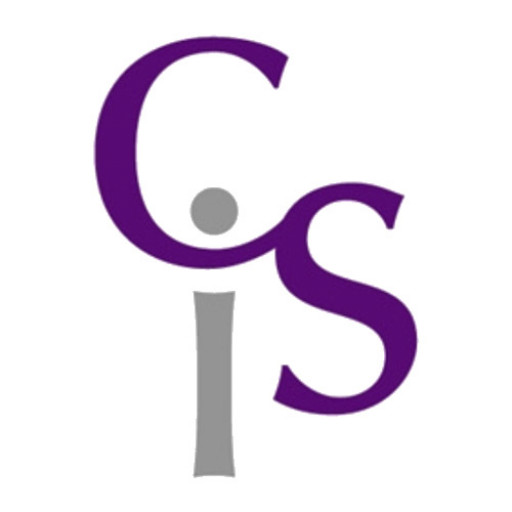Photos of university / #vidhogskole
The master degree programmes are designed to accommodate students from both Norway and abroad. One semester of studies focusing on religious and cultural encounters, where the subjects of Science of Religion, Cultural Studies and Theology of Mission are presented. Two semesters: the Program consists of two "fields of specialisation". One of these must be one of the following four subjects: The Old Testament, The New Testament, Systematic Theology or Church History. The other field of specialisation can be chosen freely from the remaining theoretical majors of the program: The Old Testament, The New Testament, Systematic Theology, Church History, Theology of Mission or Science of Religion.During the fourth semester a thesis, 60-80 pages, must be written (30 credits) based on one of the two "fields of specialisation". Students are permitted to produce interdisciplinary assignments where the other field of specialisation or Practical Theology becomes a subsidiary subject within the assignment.
Theology at the School of Mission and Theology offers a comprehensive and rigorous program designed to deepen students’ understanding of religious doctrines, biblical texts, and the historical development of Christian faith. The program aims to equip students with critical thinking skills, theological insights, and practical ministry competencies, preparing them for various roles within faith communities, academic institutions, and religious organizations. Throughout the course of study, students will engage with a wide range of subjects including biblical studies, systematic theology, church history, ethics, pastoral ministry, and intercultural communication.
The curriculum emphasizes a solid biblical foundation, enabling students to interpret and analyze sacred texts in their historical, cultural, and literary contexts. Courses in systematic theology explore core doctrines such as the nature of God, Christology, salvation, pneumatology, and eschatology, fostering a holistic understanding of Christian beliefs. The program also includes modules on the history of the Christian church, highlighting significant figures, movements, and theological developments from early Christianity to contemporary times. Ethical considerations related to modern societal issues are integrated into the coursework to prepare students for responsible and compassionate ministry.
Practical training is an integral component of the program, providing opportunities for students to develop pastoral skills, leadership abilities, and community engagement strategies. Through internships, seminars, and supervised projects, students learn to effectively serve diverse congregations and respond to the spiritual needs of individuals and communities. The program encourages engagement with interfaith dialogue and intercultural understanding, reflecting the global and pluralistic context of contemporary religious practice.
Research and academic writing are emphasized to ensure students can contribute meaningfully to theological discourse. The program culminates in a thesis or research project, demonstrating the student’s ability to analyze theological issues critically and present well-founded conclusions. Graduates of the Theology program are well-prepared for careers in ministry, chaplaincy, education, religious publishing, or further academic study. With a strong commitment to academic excellence and spiritual formation, the program seeks to cultivate thoughtful, compassionate, and informed leaders who can impact their communities and the wider society effectively.
Information about the financing of Theology studies at the School of Mission and Theology is not explicitly specified on the official website. Typically, financing options for degree programs at this institution may include a combination of scholarships, grants, and student loans, depending on the student's nationality, academic performance, and specific circumstances. International students might have access to various scholarship programs aimed at supporting theological studies, but detailed eligibility criteria and application procedures are not publicly detailed online. Many universities offer partial tuition waivers or financial aid packages for outstanding students or those demonstrating financial need. Additionally, some students may finance their studies through government-funded student loans or private financing options available in their home countries. It is common for students to seek part-time work opportunities or assistantships within the university to support their studies, although specific roles related to the School of Mission and Theology are not clearly outlined. The university may also collaborate with religious organizations or community groups offering sponsorships or subsidies for theological education. It is recommended that prospective students contact the university’s admissions or financial aid office directly to obtain personalized information about available funding opportunities, application deadlines, and eligibility requirements. They can also provide guidance on preparing financial plans for the duration of the program and advise on any scholarships specifically dedicated to students pursuing Theology degrees at the School of Mission and Theology. In summary, while detailed and specific information on financing is not publicly available, students are encouraged to explore all financial aid options, including scholarships, loans, work-study programs, and organizational sponsorships, to effectively support their theological studies at this institution.
The Theology programme offered by the School of Mission and Theology is designed to provide students with a comprehensive understanding of Christian doctrines, biblical studies, and the historical development of the church. This degree prepares individuals for a variety of roles within religious organizations, including pastoral ministry, theological research, education, and community leadership. The curriculum emphasizes both theoretical foundations and practical applications, ensuring that graduates are well-equipped to serve in diverse settings and cultural contexts.
Students in the Theology programme engage with core subjects such as Old and New Testament studies, Systematic Theology, Ethics, and Church History. In addition, the programme offers specialized courses in areas like Missions, Evangelism, Urban Ministry, and Interfaith Dialogue. This diverse coursework aims to cultivate critical thinking, effective communication skills, and a deep spiritual understanding. The programme is structured to include both classroom-based learning and practical placements, allowing students to gain real-world experience through internships and community projects.
The faculty members are experienced scholars and practitioners dedicated to mentoring students and fostering an inclusive and dynamic learning environment. The programme also encourages participation in conferences, seminars, and research activities, enabling students to stay abreast of contemporary issues in theology and religious studies. Graduates of the programme often pursue further postgraduate studies or begin careers in church leadership, academic research, or social justice initiatives.
Admission to the Theology degree typically requires a high school diploma or equivalent, with applicants demonstrating an interest in religious studies and community service. The programme is suitable for both local and international students, offering various support services to facilitate academic success and personal development. Overall, the Theology programme aims to develop not only knowledgeable theologians but also compassionate leaders committed to serving their communities and expanding the understanding of faith-based values globally.

